
Tube dampers are used for reducing the micro phonics in your tube amplifiers rendering less noise and quieter playback of music.
What are micro phonics? The tube is constructed with many metal parts which are put together by welding and by way of support with the mica wafers. The metal parts can vibrate when subjected to shock externally. When the metal parts move, their capacitance change which results in the variation of voltage they produce. As a result micro phonics is induced, feedback generated by a tube’s over-sensitivity to acoustic signals or vibrations. A microphonic tube will amplify or conduct that signal resulting in sonic degradation of the sound produced. You can easily determine if your tube is microphonic by gently tapping it with a pencil (if it is, the tapping will be heard through the loudspeakers). Micro phonics is an inherent property of all vacuum tubes, and all tubes produce micro phonics to some extent no matter how well a vacuum tube is produced. Some audio amplifiers are more prone to micro phonics than the others.
How do tube dampers improve the sound? Tube dampers reduce the amount of vibration within the metal structure, thus minimizing the micro phonics the tube produces. As a result, music appears to be tighter in bass and having a higher level of transparency and resolution.
Most tube damper rings are made of Aerospace High Temperature Silicone, rated to withstand very high temperatures, this is necessary as vacuum tubes run very hot. They are made to absolutely high precision and quality.
I have experimeted with tube damper rings and have fitted them in some instances not entirely because of micro phonics but because I have found that they have made and overall improvement on the music reproduction.








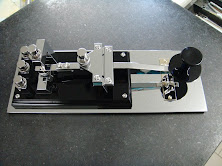
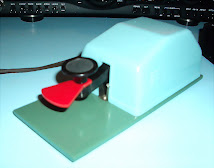



















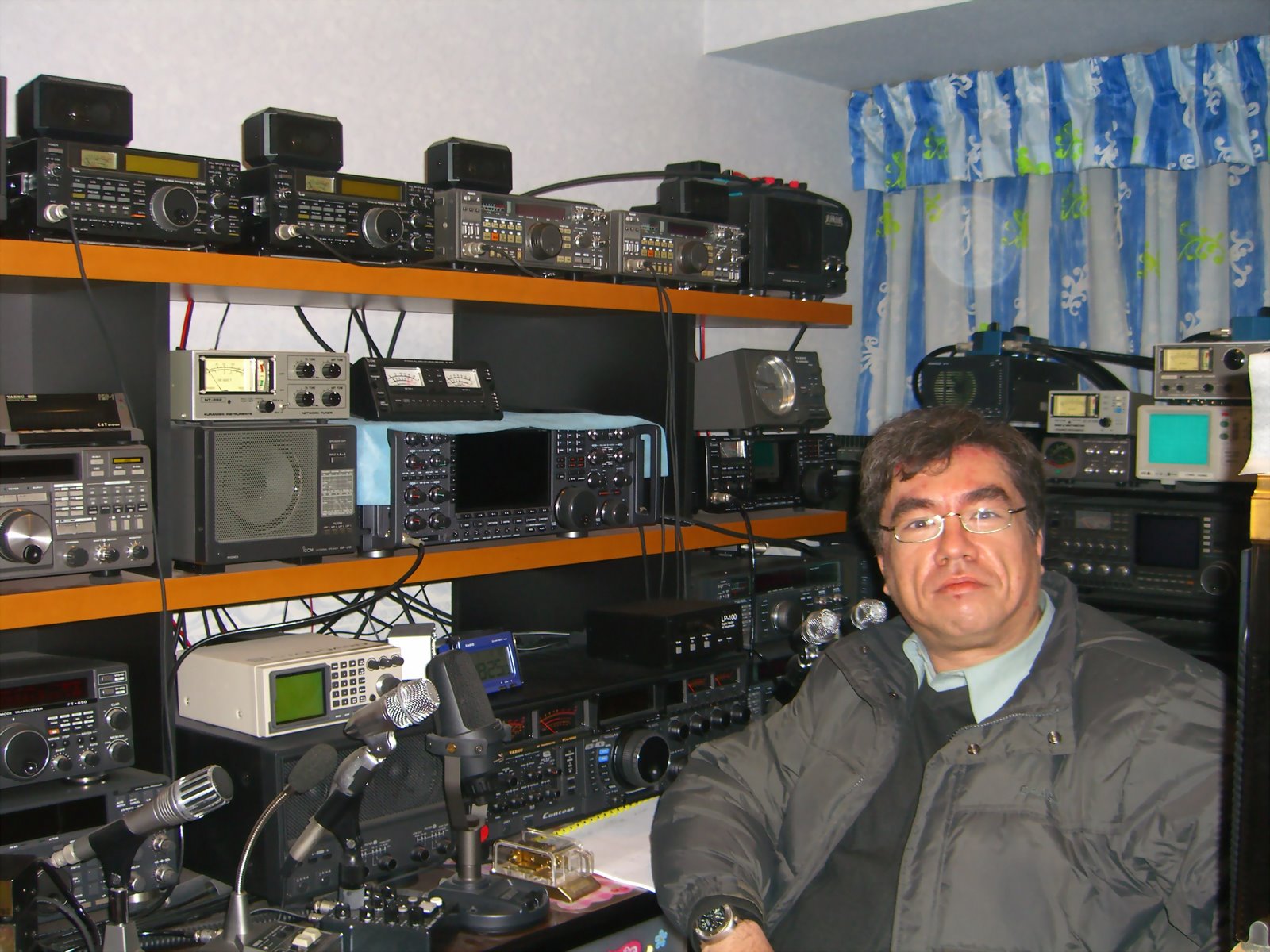





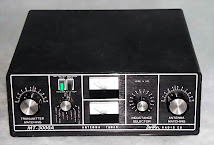
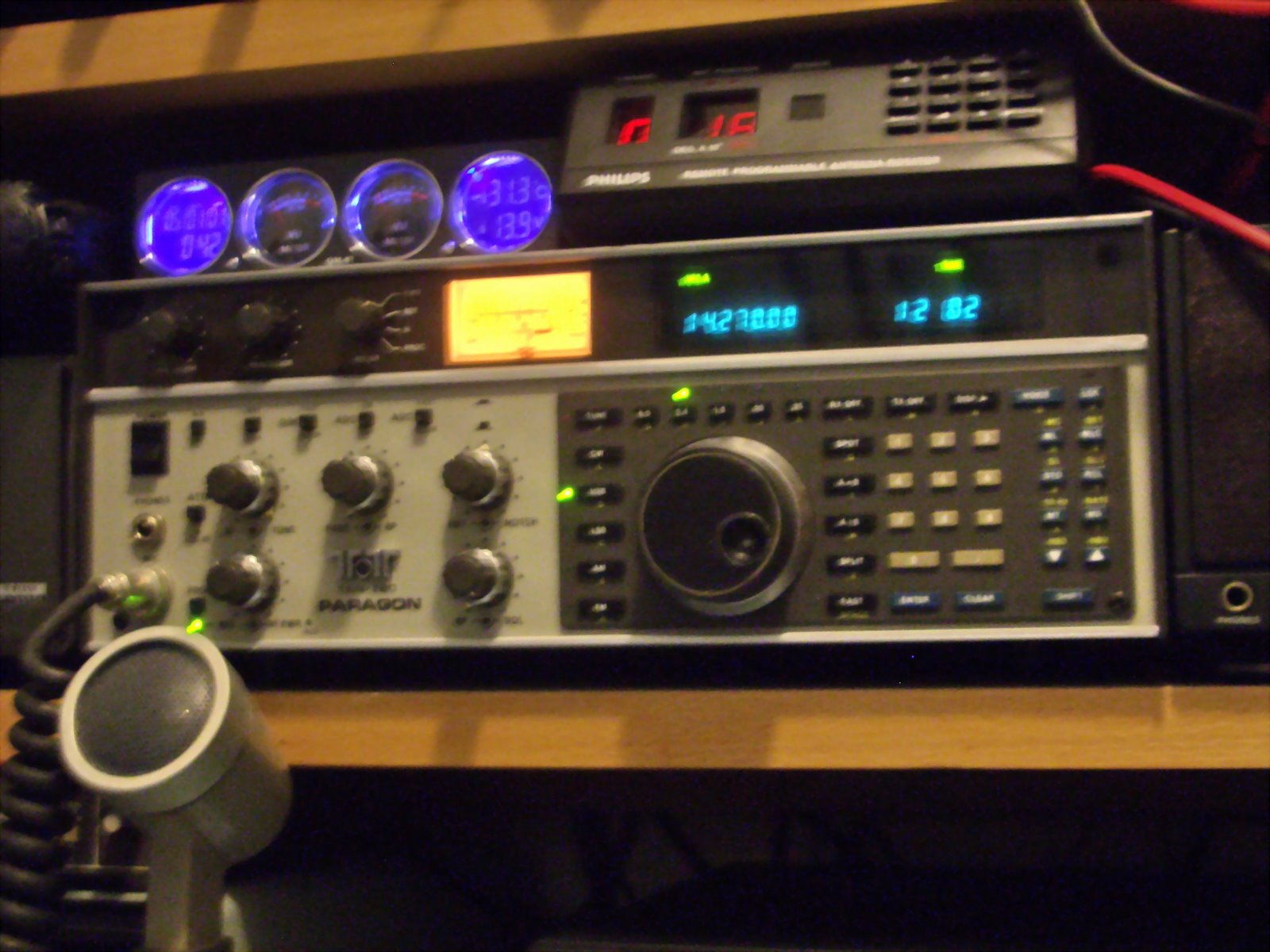
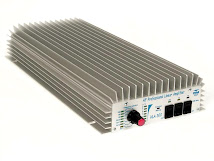
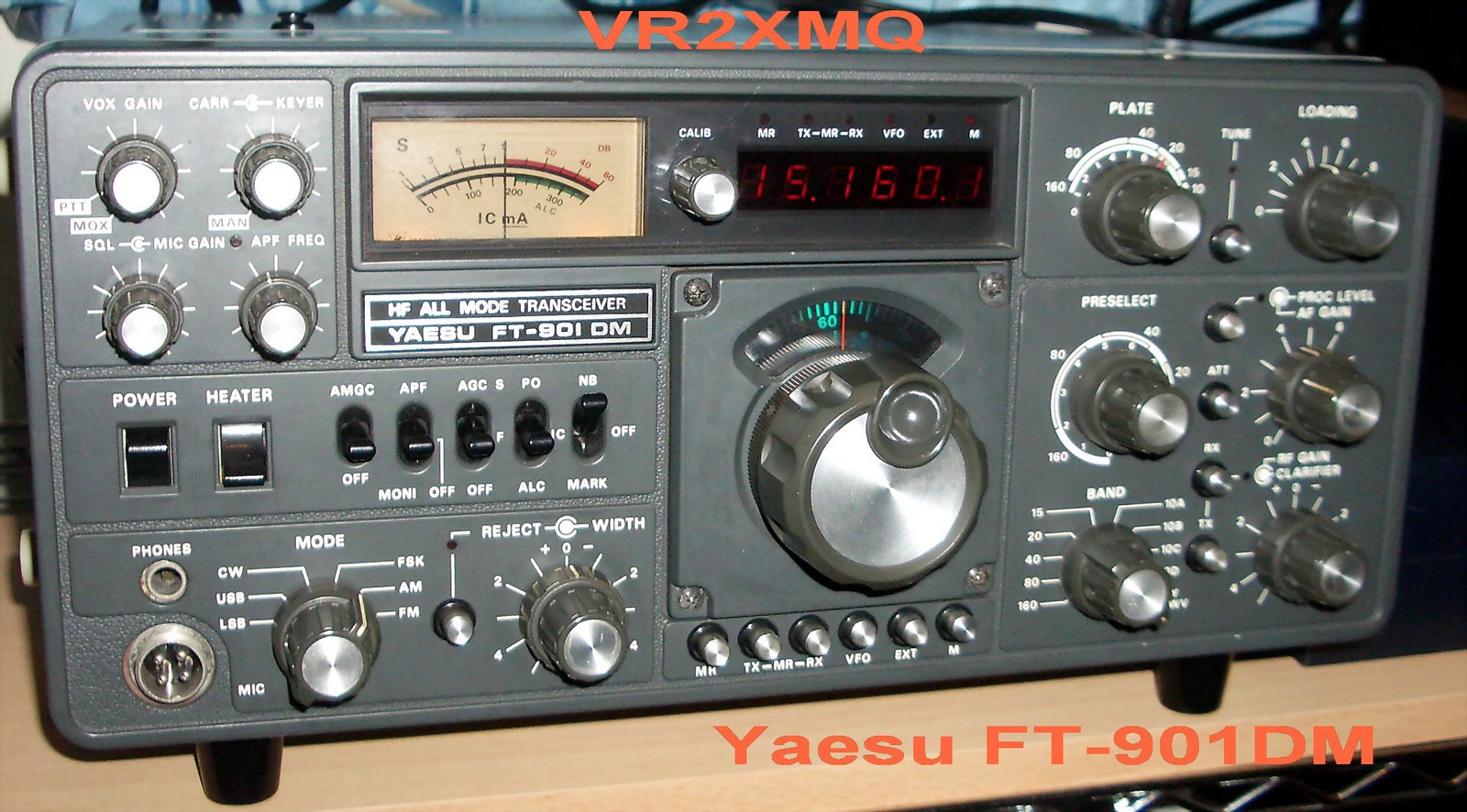








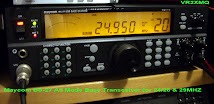




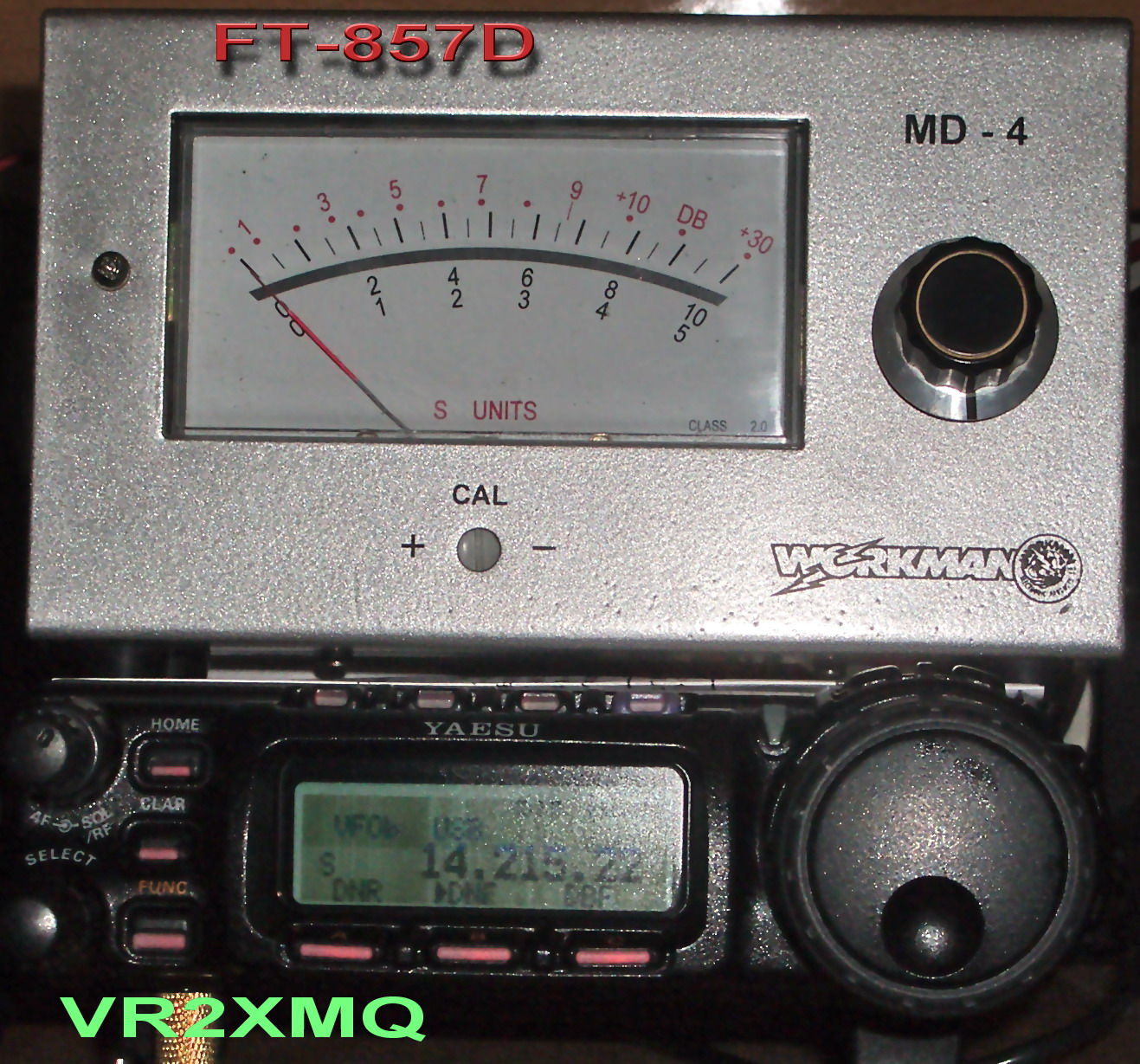





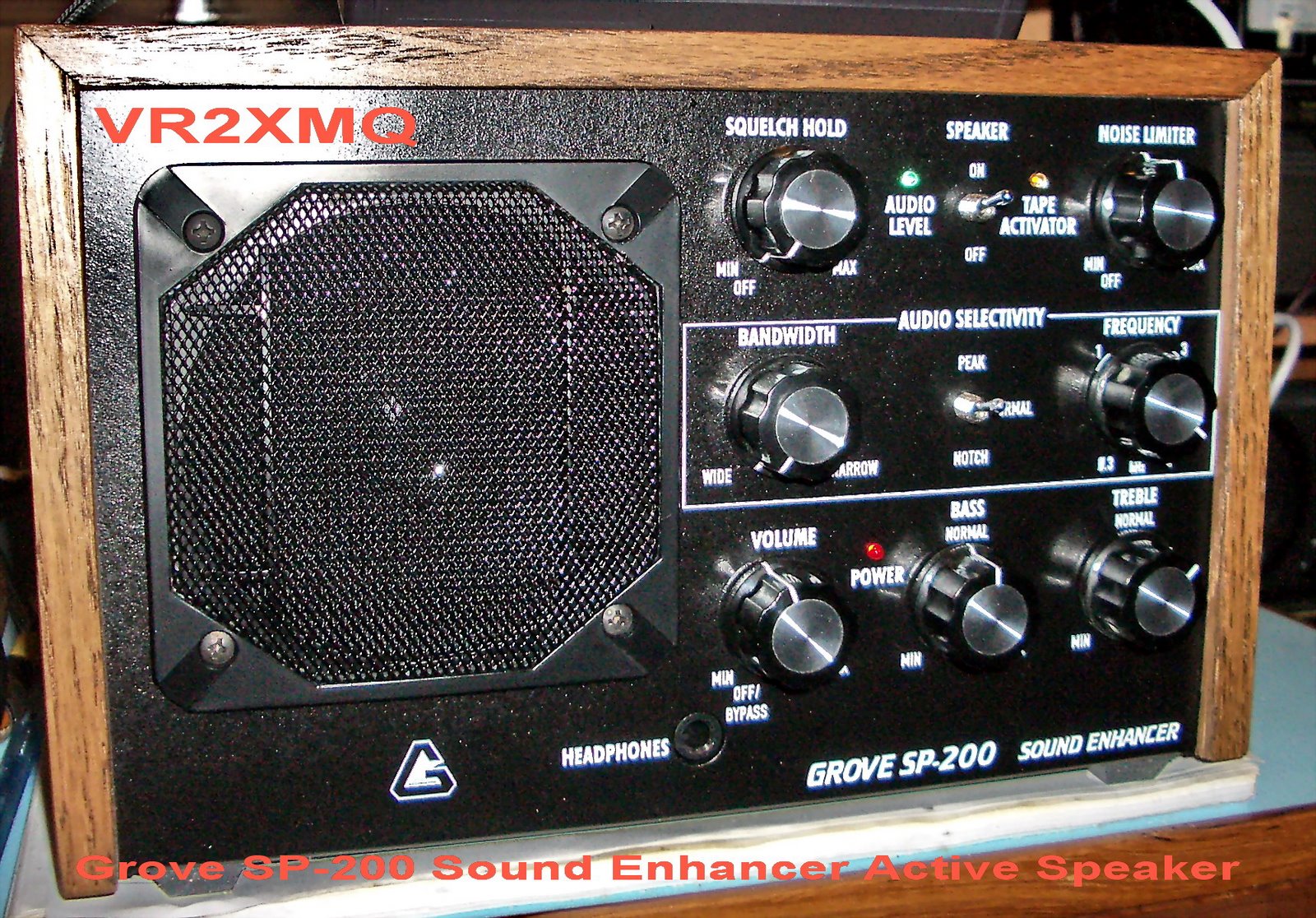



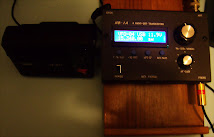



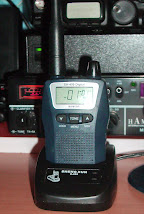
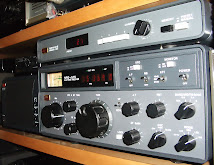





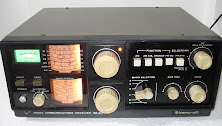






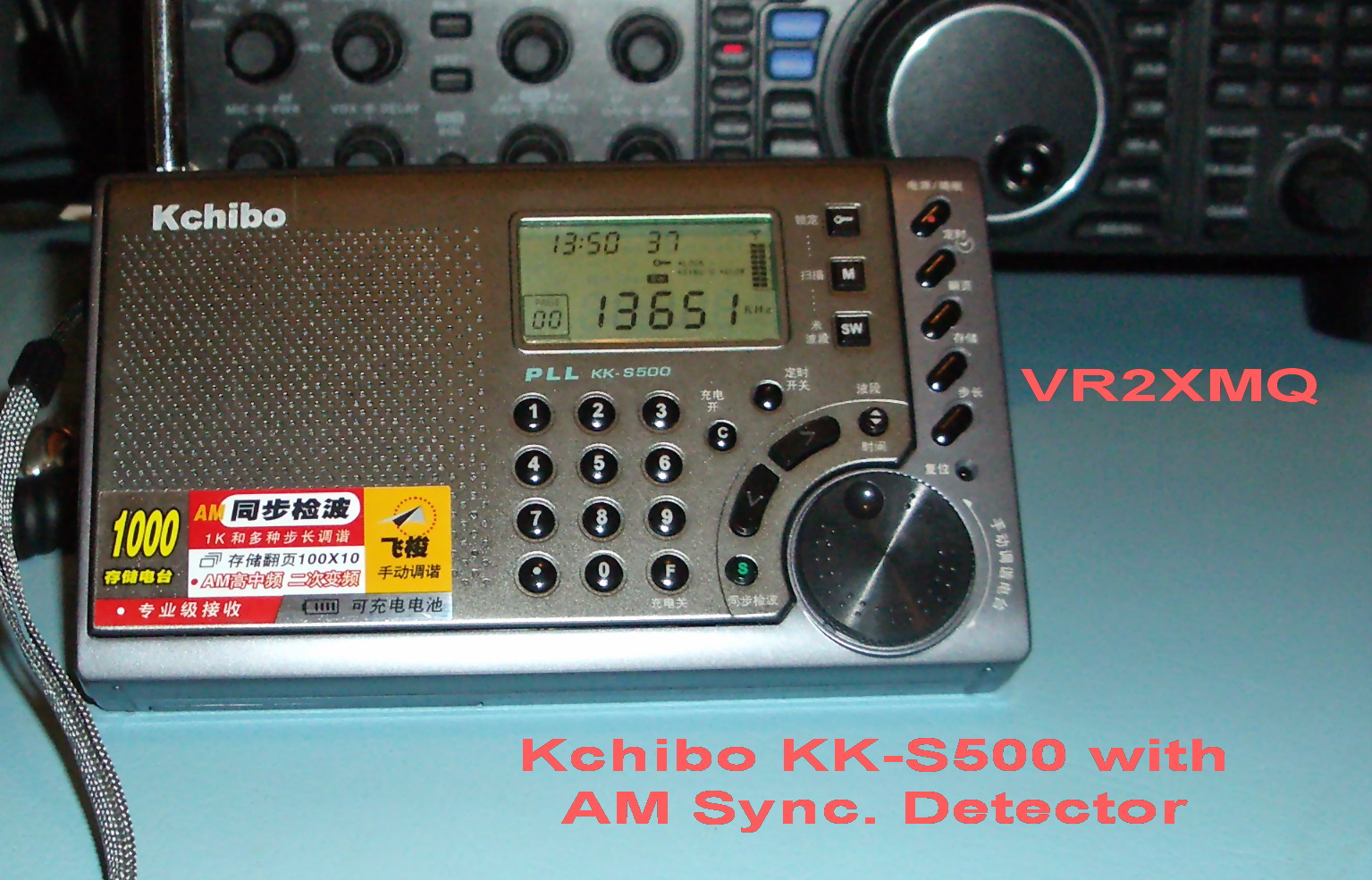




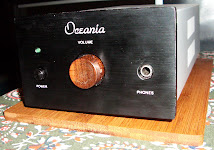
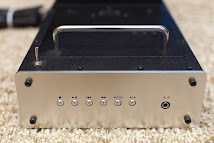

























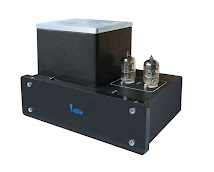





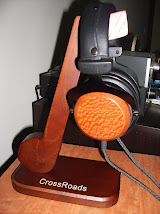






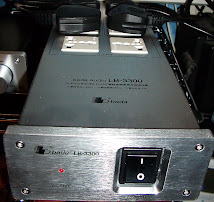


























No comments:
Post a Comment